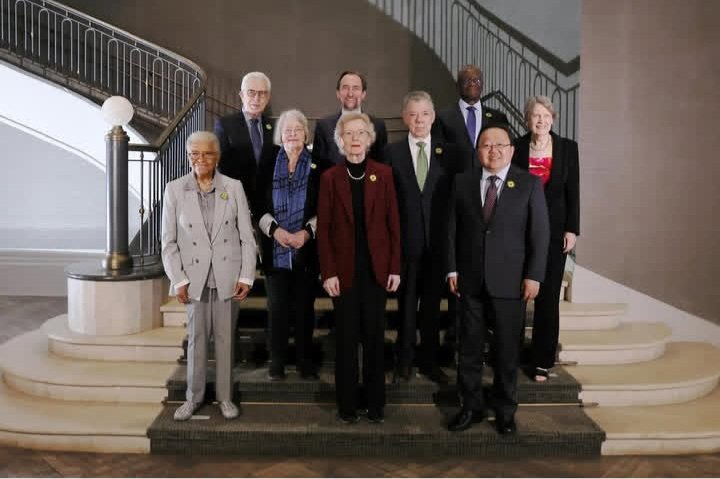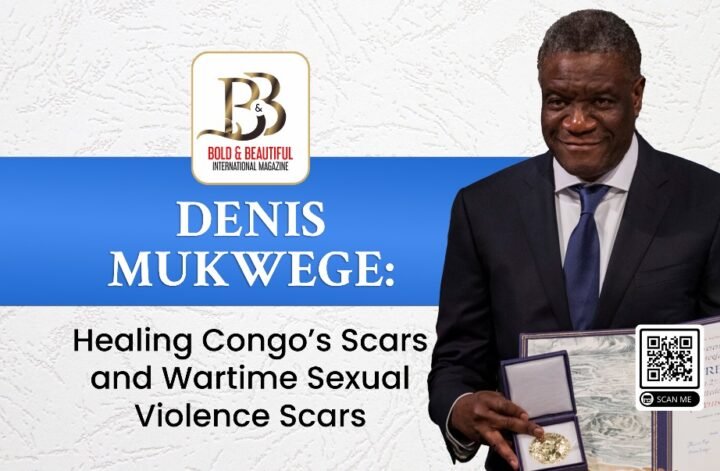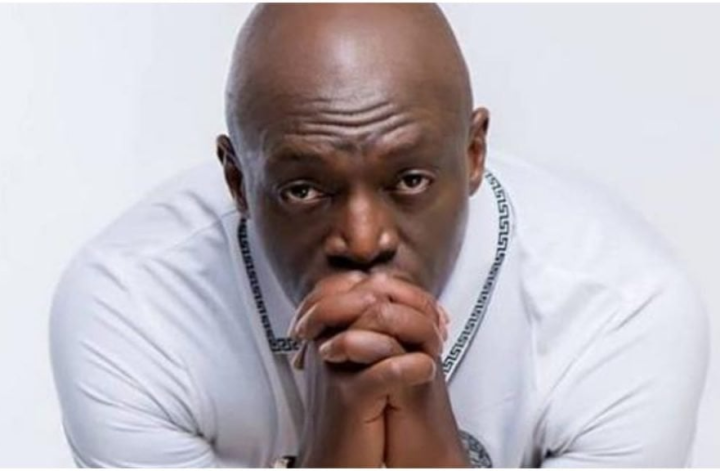Denis Mukwege’s path toward becoming a world-renowned gynecologist and humanitarian began in the city of Bukavu, Democratic Republic of the Congo (DRC). As a child, he witnessed firsthand the limits of prayer when facing medical crises, sparking a commitment to healing those in need. This resolve led him to study medicine and later specialize in obstetrics and gynecology, recognizing the urgent needs of rural women, particularly in childbirth.

The region’s prolonged conflict and epidemic of sexual violence transformed Mukwege’s mission. After the destruction of Lemera Hospital during the 1996 civil war, he founded Panzi Hospital in Bukavu in 1999. Originally intended as a gynecological clinic, the facility soon became a refuge for survivors of wartime rape, a brutal weapon used systematically by combatants to terrorize communities. At Panzi, Mukwege and his team pioneered a holistic treatment model, addressing the physical, psychological, and socio-economic needs of over 50,000 victims.

Mukwege’s work extended beyond medical care. He became a global advocate, campaigning to end the use of sexual violence as a weapon of war. His efforts gained international recognition, culminating in the 2018 Nobel Peace Prize, shared with Yazidi activist Nadia Murad. Mukwege’s activism has earned numerous other accolades, including the UN Human Rights Prize and the Sakharov Prize, while TIME magazine named him one of the world’s most influential people.

His outspoken stance against Congo’s conflict and violence made him a target. After surviving an assassination attempt in 2012, Mukwege briefly sought exile. However, the unwavering support of Congolese women, who raised funds for his return, underscored his deep connection to the community. In 2013, he resumed his work at Panzi Hospital, continuing his mission despite ongoing threats.





